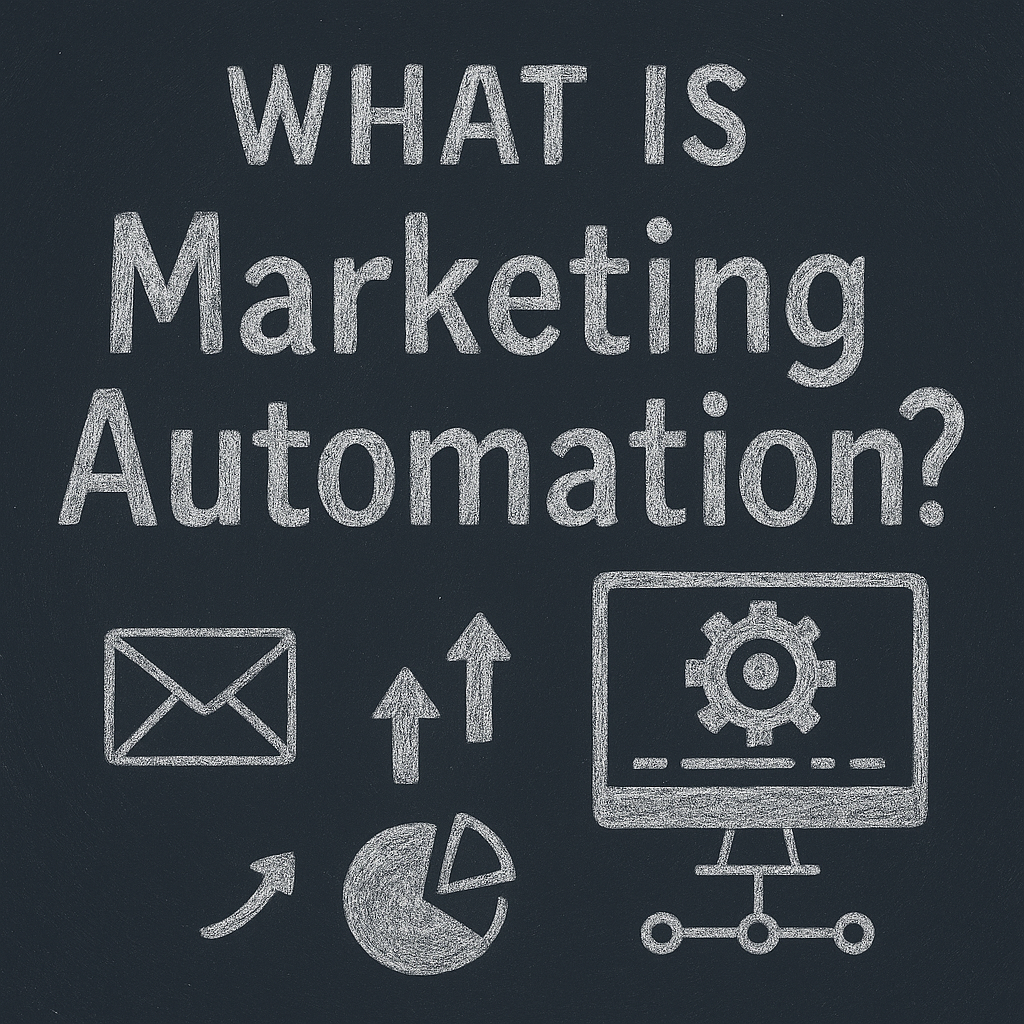Marketing automation is the use of software to automate repetitive marketing tasks like emails, social media posting, lead nurturing, and advertising campaigns.
It’s not just about tools—it’s about building smarter, scalable processes that:
- Save time for marketing teams
- Deliver personalized experiences at scale
- Improve ROI through better targeting and tracking
Think of it as your digital assistant that runs campaigns while you focus on strategy.
Why Marketing Automation Matters
Without automation, marketers waste hours on manual tasks. With automation, businesses can:
- Save time & increase productivity → No need to manually send every email or post.
- Personalize at scale → Segment audiences and deliver relevant content automatically.
- Nurture leads effectively → Guide prospects through the sales funnel without losing touch.
- Measure results → Track open rates, conversions, and customer journeys in real-time.
👉 In fact, studies show businesses that use marketing automation see a 14.5% increase in sales productivity and a 12.2% reduction in marketing overhead.
Examples of Marketing Automation in Action
Here are some real-world ways companies use automation:
- Email Marketing Automation → Welcome sequences, abandoned cart reminders, re-engagement campaigns.
- Lead Nurturing → Automatically scoring leads and sending tailored content based on behavior.
- Social Media Scheduling → Pre-scheduling posts and tracking engagement.
- Customer Segmentation → Sending targeted offers to specific groups.
- Cross-Selling & Upselling → Recommending products based on purchase history.
Popular Marketing Automation Tools
The marketing automation space is huge, but here are some of the most popular platforms:
- HubSpot → All-in-one inbound marketing & CRM.
- Mailchimp → Great for email marketing automation.
- ActiveCampaign → Known for powerful automation workflows.
- Marketo (Adobe) → Enterprise-level automation for large businesses.
- Salesforce Marketing Cloud → Advanced automation + customer journey tracking.
(Tip: Start small—choose a tool that fits your business size and needs, then scale later.)
Benefits of Marketing Automation
- Saves Time – Automates repetitive tasks.
- Boosts ROI – Personalized campaigns convert better.
- Improves Sales Alignment – Nurtures leads until they’re sales-ready.
- Delivers Consistency – Customers get the right message at the right time.
- Better Insights – Analytics and reporting guide smarter decisions.
Common Challenges & Misconceptions
- “Automation = Spam” → Wrong. Good automation is personalized and relevant, not intrusive.
- “It’s Too Expensive” → Many affordable tools exist for small businesses.
- “Set It and Forget It” → Automation still requires strategy, testing, and optimization.
The Future of Marketing Automation
The next wave of automation will be AI-powered. Expect to see:
- Predictive personalization → AI predicts what customers want next.
- Smarter chatbots → Automated conversations that feel human.
- Deeper integrations → Marketing automation connecting with CRMs, CDPs, and analytics tools.
Businesses that embrace these trends will stay ahead in customer engagement and efficiency.
Conclusion
Marketing automation isn’t just a trend—it’s a necessity in today’s digital-first world. By automating repetitive tasks, businesses can save time, improve ROI, and build stronger customer relationships.

